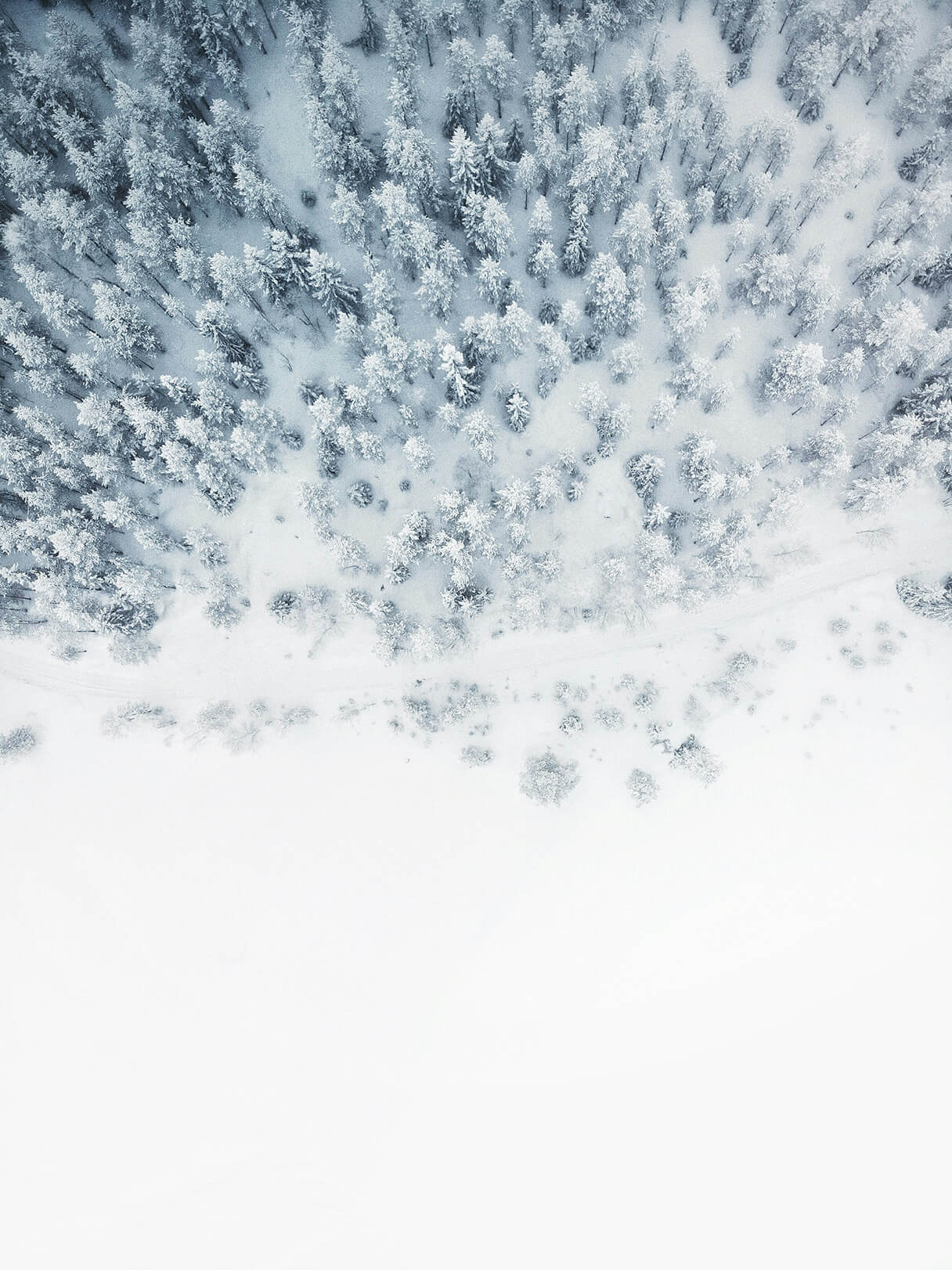Spring is here, and with it comes longer days, blooming gardens, and the urge to get outside and refresh your yard. Whether you’re trimming shrubs, pulling weeds, or planting new flowers, yard work generates a surprising amount of waste.
But instead of tossing it all in the trash, you can take steps to handle garden waste responsibly—and even turn it into something beneficial for your yard. At Westfield Dispose All, we’re here to help you clean up sustainably. Here’s your complete guide to spring yard cleanup, with tips for reducing, reusing, and properly disposing of garden debris.
1. Understand What Counts as Garden Waste
Garden waste, also called green waste or yard waste, includes a wide variety of organic materials. Common examples include:
- Grass clippings
- Leaves and twigs
- Tree branches
- Dead plants and flowers
- Weeds and garden trimmings
- Soil and sod
- Brush and shrubbery
Knowing what qualifies as yard waste helps you dispose of it properly and take advantage of composting or collection programs.
2. Reduce Waste Before It Starts
The most sustainable garden waste is the waste you never produce. By adopting a few strategic habits, you can reduce the amount of cleanup needed in the first place.
- Practice Smart Landscaping: Choose low-maintenance native plants that shed fewer leaves and require less pruning.
- Use Mulch: Applying mulch helps suppress weeds, reduce lawn mowing frequency, and keeps soil moist—meaning less work and less waste.
- Leave Grass Clippings on the Lawn: Known as “grasscycling,” this practice returns nutrients to the soil and eliminates the need for disposal.
- Trim Gradually: Instead of waiting for plants to overgrow, prune smaller amounts more often. This makes it easier to manage and compost your trimmings.
3. Compost Your Garden Waste
Composting is one of the most eco-friendly ways to dispose of yard debris. By turning organic waste into nutrient-rich compost, you give back to your garden while reducing landfill burden.
- What to Compost: Grass clippings, leaves, plant trimmings, flower heads, and small branches (chopped or shredded) are all compostable.
- What to Avoid: Don’t compost weeds that have gone to seed, diseased plants, or plants treated with pesticides or herbicides.
- Maintain Balance: A healthy compost pile needs a mix of “greens” (wet, nitrogen-rich items like grass and food scraps) and “browns” (dry, carbon-rich items like leaves and twigs).
- Turn Regularly: Aerating your compost helps it break down faster and prevents odors.
If you don’t want to compost at home, check if your municipality offers a curbside composting or green waste drop-off program.
4. Reuse What You Can
Yard waste doesn’t always have to be thrown out—it can be reused creatively and practically around your garden.
- Branches for Garden Borders: Use trimmed branches or small logs to create natural borders for flower beds or pathways.
- Leaves as Mulch: Shred leaves and spread them around trees, shrubs, and garden beds to retain moisture and prevent weeds.
- Grass Clippings as Fertilizer: If you don’t want to leave them on the lawn, use dried clippings in your compost or sprinkle them around plants.
- Stone and Soil Reuse: If you remove soil or rocks during landscaping, consider reusing them in raised beds or walkways.
Reusing garden waste not only reduces disposal needs but also saves you money on landscaping supplies.
5. Bundle and Prepare for Pickup Properly
If you rely on municipal green waste collection, it’s important to follow the guidelines to ensure your waste is picked up and processed correctly.
- Use Paper Bags or Bins: Many municipalities require yard waste to be placed in paper lawn bags or designated bins—not plastic.
- Bundle Branches: Tie small bundles of branches with natural twine. Typically, branches should be under 4 feet long and 3 inches in diameter.
- Don’t Mix Materials: Avoid mixing garden waste with trash, recyclables, or food waste unless your service allows it. Contaminated loads may be rejected.
- Check Pickup Dates: Green waste collection may only occur seasonally or on specific dates. Contact your local provider or check their website for the spring schedule.
At Westfield Dispose All, we offer seasonal yard waste pickup services to make spring cleanup easier for our customers. Reach out to us to learn more about our pickup options.
6. Know When to Take It to the Dump
If your cleanup project is large—such as after tree removal or major landscaping—you may need to haul waste to a disposal site.
- Rent a Dumpster: For bigger projects, consider renting a yard waste dumpster from a local provider.
- Drop-Off Centers: Many communities offer yard waste drop-off sites for residents. Be sure to separate materials appropriately.
- Avoid Landfilling Organic Waste: Garden waste in landfills generates methane, a potent greenhouse gas. Choose facilities that compost or mulch waste instead.
Our team at Westfield Dispose All can help you coordinate larger disposals or connect you with local composting sites.
7. Watch Out for Invasive and Diseased Plants
While most garden waste is compostable or reusable, some plant material requires special attention.
- Invasive Plants: Certain weeds and non-native species can spread quickly if not disposed of properly. These should be bagged and sent to landfill to prevent regrowth.
- Diseased Plants: Don’t compost or reuse plants with signs of blight, mold, or pests. Instead, dispose of them in your trash to prevent spreading.
- Follow Local Guidelines: Some states and towns have specific regulations about how to dispose of invasive species—especially plants like poison ivy, bamboo, or Japanese knotweed.
Proper handling of problem plants helps protect your garden and local ecosystems.
8. Get the Right Tools for the Job
Having the right tools on hand can make your spring yard cleanup faster and more efficient—and ensure you’re disposing of waste properly.
- Rakes and Leaf Blowers: Essential for gathering leaves and debris.
- Loppers and Pruners: For trimming branches and dead stems.
- Compost Bin or Tumbler: Makes composting cleaner and easier.
- Wheelbarrow or Yard Cart: Helps move heavy loads without strain.
- Recyclable Yard Bags: Available at most hardware stores and accepted by many collection services.
Being prepared helps reduce frustration and keeps your cleanup eco-friendly from start to finish.
Conclusion
Spring yard cleanup doesn’t have to be a hassle—or harmful to the environment. By composting, reusing, and responsibly disposing of garden waste, you can maintain a beautiful yard while reducing your ecological footprint.
At Westfield Dispose All, we’re proud to support homeowners in making sustainable choices all year long. Whether you need seasonal yard waste pickup, bulk disposal, or advice on composting, our team is here to help.




